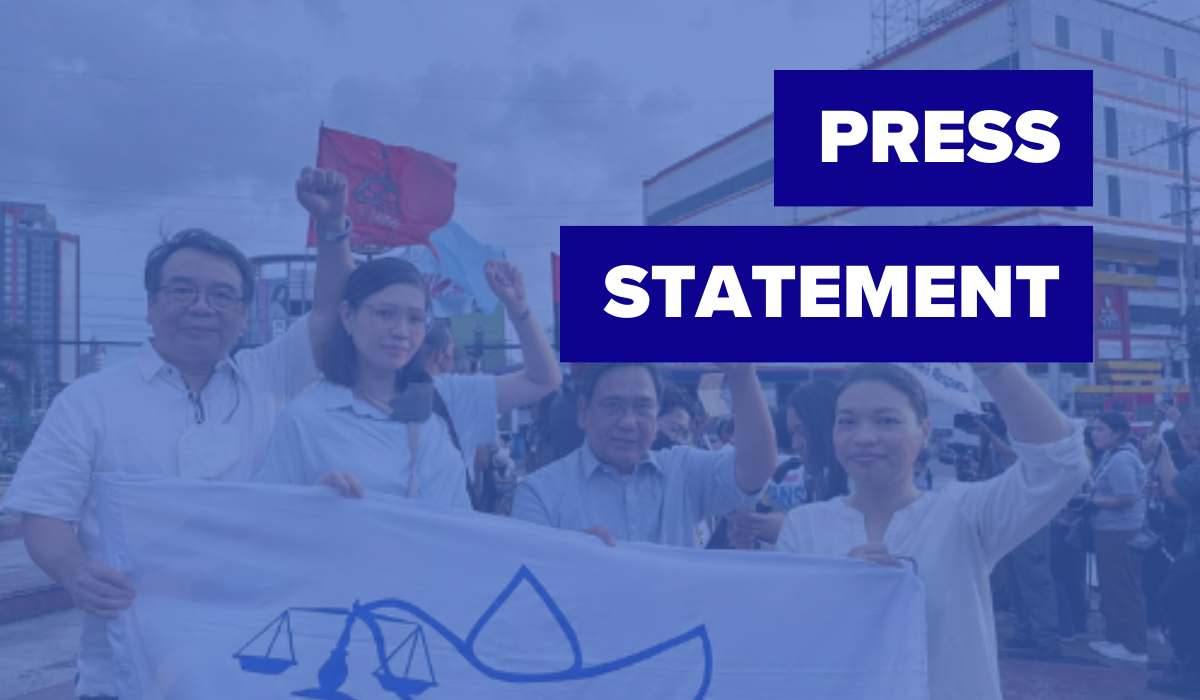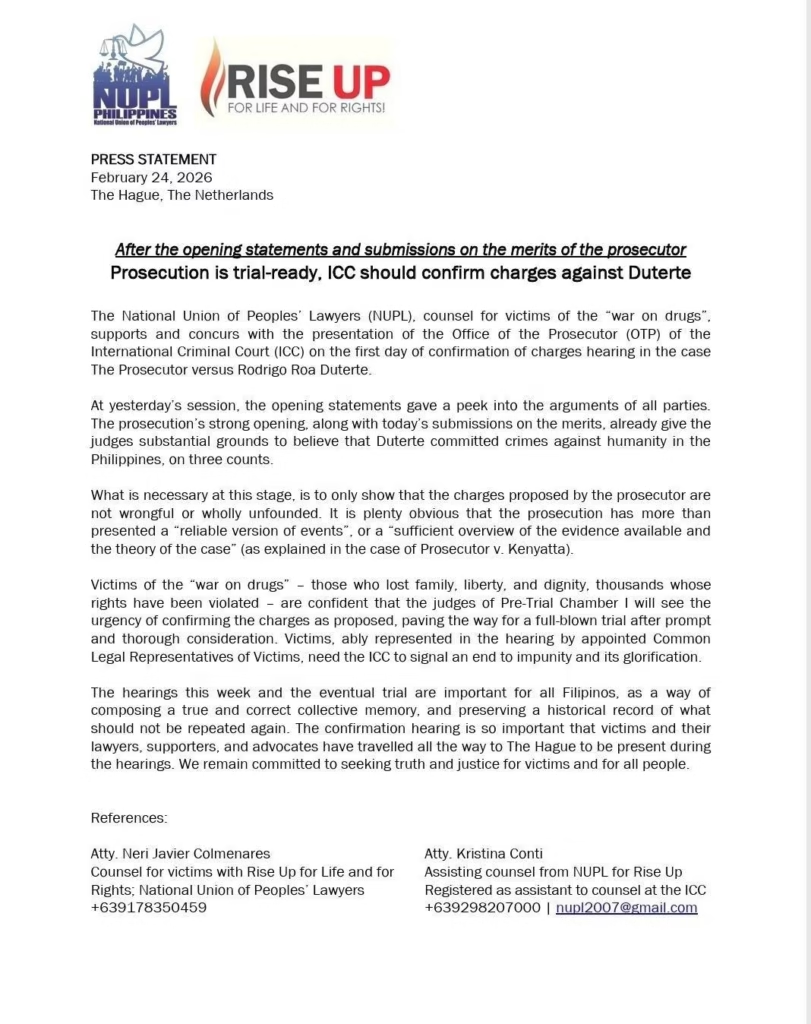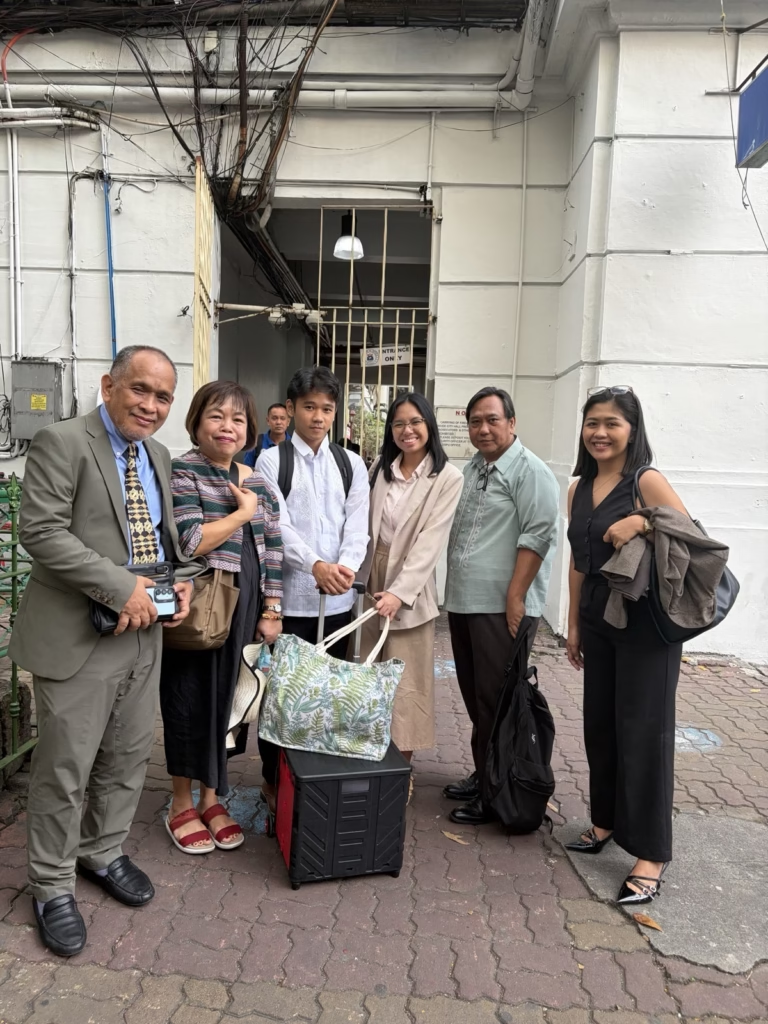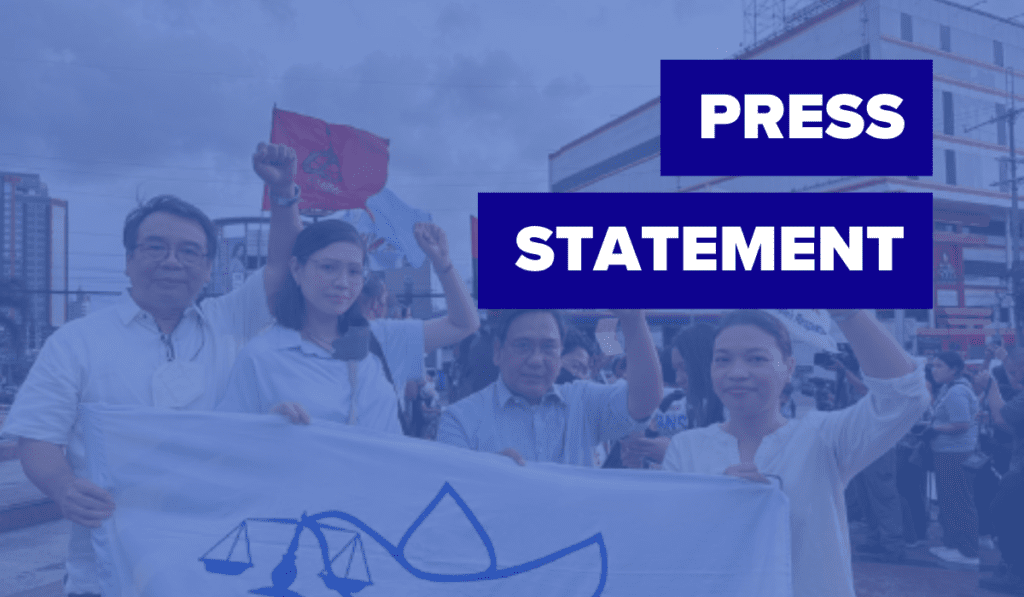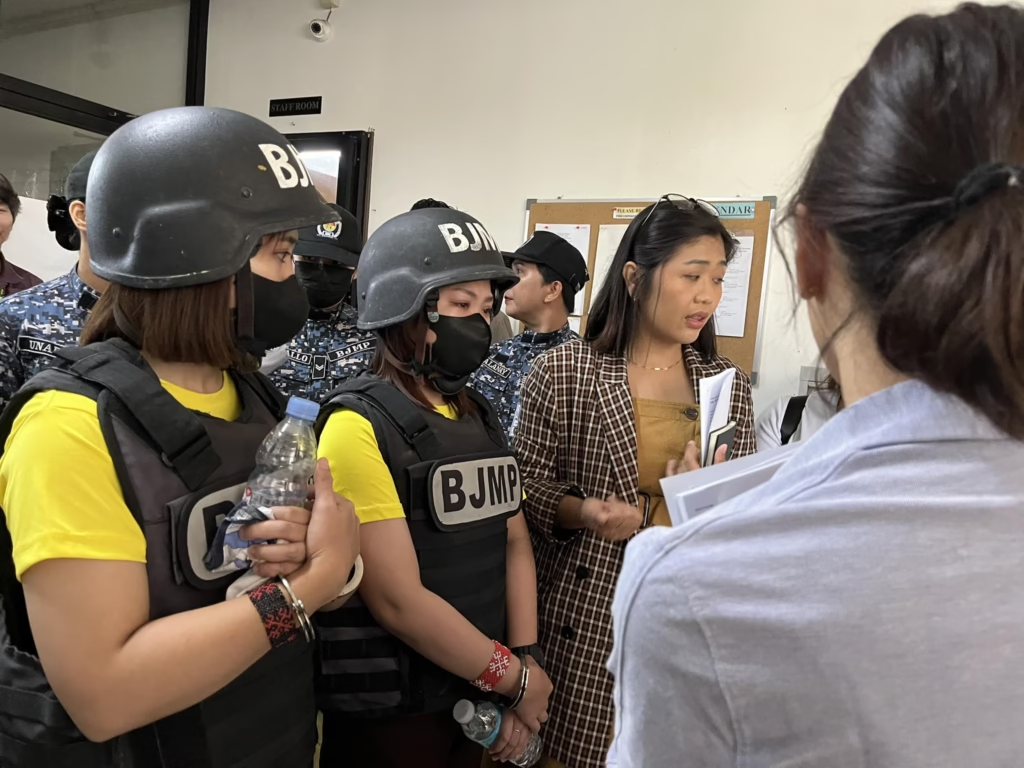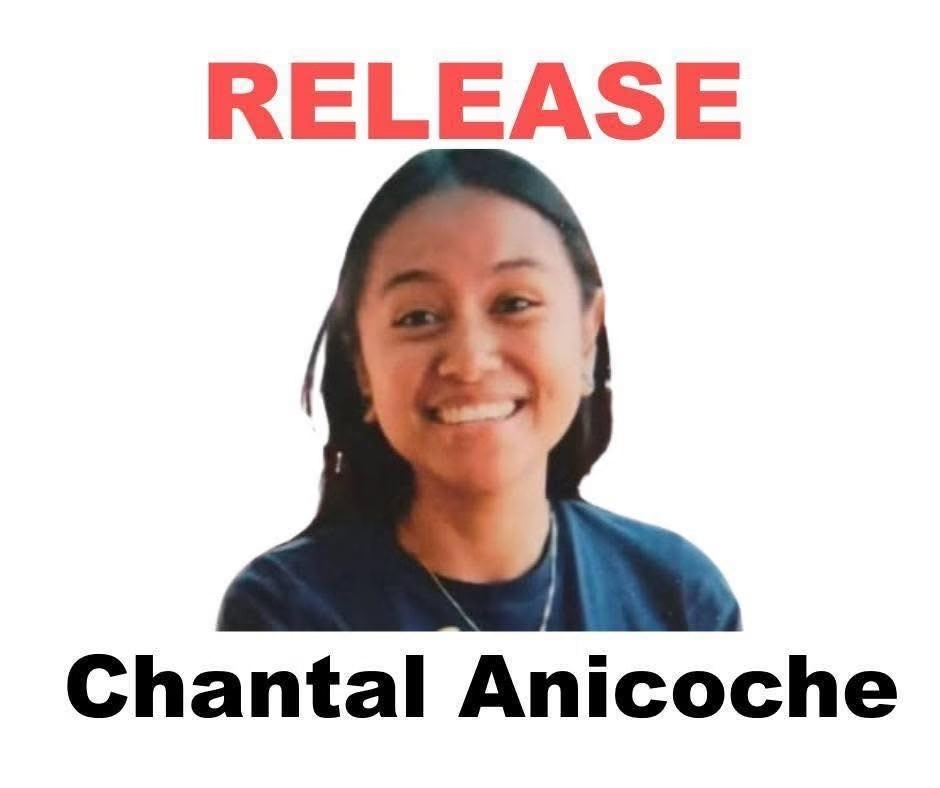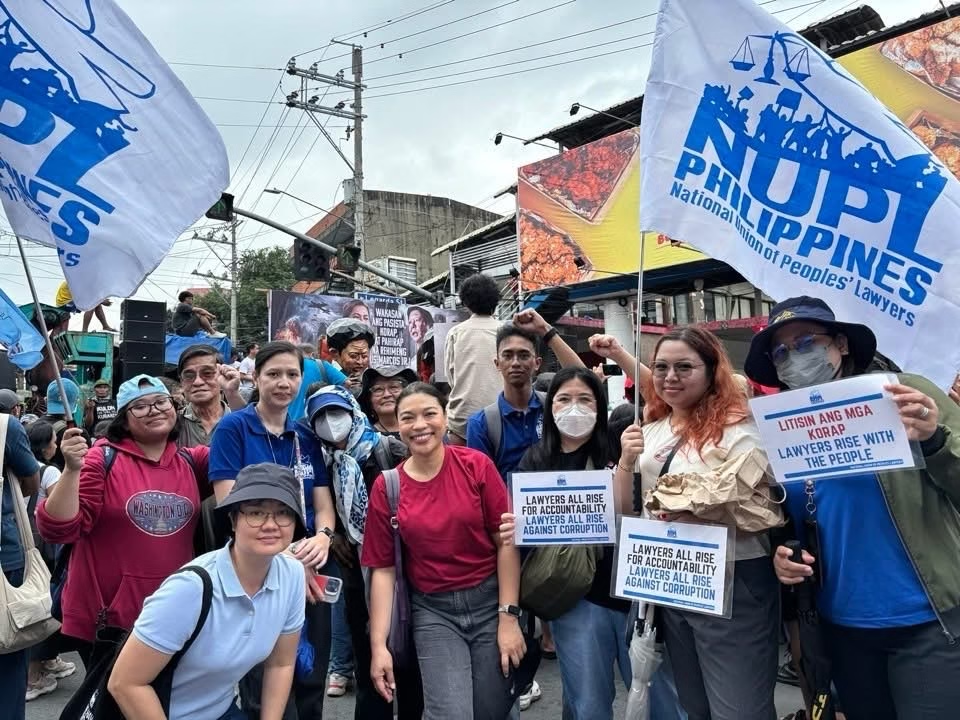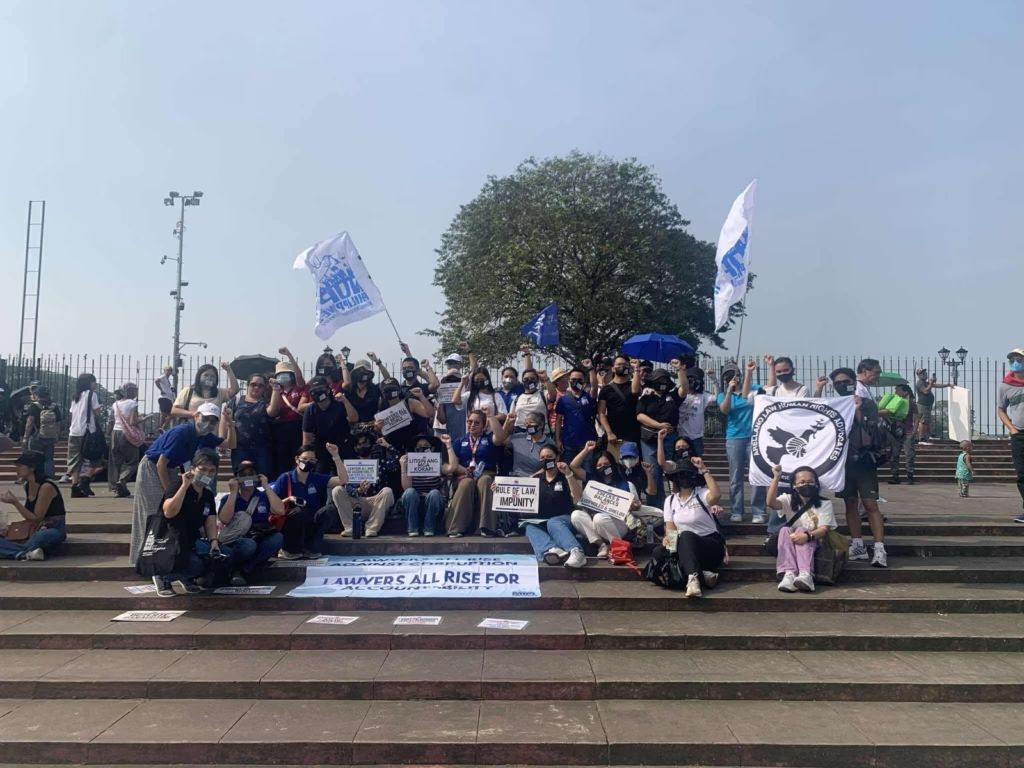EDSA at 40: The People’s Forum
The enduring significance of EDSA rests on a simple truth: public spaces belong to the people. They must remain open as platforms for public discourse—robust, uninhibited, and free from the chilling effect of threats of dispersal or prosecution under a statute born of martial rule. EDSA stands as the people’s forum when they demand accountability and seek the fulfillment of the promise of People Power.
